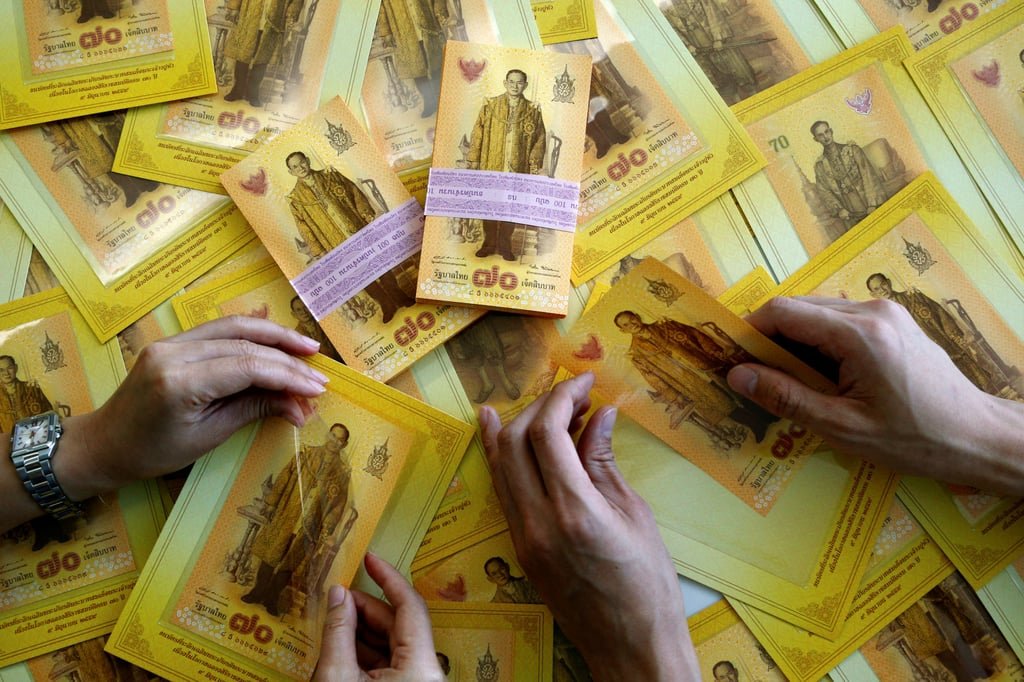The baht may get an early boost to start the year if December inflation numbers due on Thursday show CPI is starting to rise again, as economists forecast. The Bank of Thailand has already said it expects to keep raising interest rates through the first half of 2023, and any upside surprise in the data may see markets price in a longer tightening cycle.

The Thai currency should also benefit along with its Asian peers as the Federal Reserve slows the pace of its own rate increases, pushing down the dollar, says Christopher Wong, a foreign-exchange strategist at OCBC Bank Singapore.
“The baht is likely to lead gains among Asia ex Japan for 2023 on the China reopening thematic, slower Fed hikes and a moderate-to-soft US dollar profile,” Wong said. “Domestic growth will be supported by sustained recovery in tourism.”
The other potential winner in the region is the Singapore dollar, which was the only Asian currency to appreciate against the US dollar last year.
The Singapore dollar benefited from policy tightening by the monetary authority, which re-entered the midpoint of its exchange rate band higher three times in 2022 to fight inflation. Further tightening can’t be ruled out as core inflation remained above 5 per cent in November despite the tighter policy settings.






